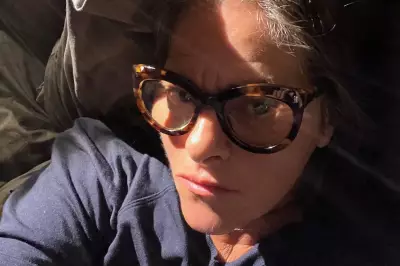
The BBC is facing a severe financial crisis, with a cross-party group of MPs revealing it is losing more than £1 billion a year in potential licence fee revenue. This staggering shortfall is driven by a combination of households evading the fee and a growing number declaring they do not need a licence because they do not watch BBC content.
Enforcement in Crisis
Efforts to collect the licence fee are faltering dramatically. The Commons public accounts committee found that while the number of visits to unlicensed homes surged by 50% last year, this did not lead to more sales or successful prosecutions. In fact, prosecutions fell by 17% in 2024.
BBC executives have reported a significant increase in people simply refusing to answer the door to enforcement officers. The committee criticised the corporation for not doing enough, stating the situation is “unfair to the vast majority of households who do pay for a licence.”
The Shifting Media Landscape
The analysis of BBC accounts pinpointed two major causes for the financial black hole. Firstly, the licence fee evasion rate has now reached 12.5%, costing the broadcaster up to £550 million.
Secondly, and perhaps more ominously, the number of households stating they have no need for a licence has skyrocketed from 2.4 million in 2021 to 3.6 million this year. This shift, largely attributed to the popularity of streaming services and digital platforms like YouTube and TikTok, represents a potential loss of up to £617 million.
Geoffrey Clifton-Brown, the Conservative chair of the public accounts committee, stated the report shows “an organisation under severe pressure.” He warned, “Without a modernised approach focused more on online viewing, the broadcaster will see faith in the licence fee system ebb away.”
Turmoil and the Future of Funding
This financial reckoning comes at a turbulent time for the BBC. The corporation is engaged in critical government talks over the future of the licence fee as it negotiates the renewal of its charter. This is all happening amid leadership turmoil following the resignation of its director general, Tim Davie.
While critics argue the licence fee is becoming harder to justify in the age of streaming, BBC executives maintain that a similar universal funding model is the only way to ensure it can continue to provide a service for everyone.
A BBC spokesperson said: “The licence fee needs reform. We are actively exploring all options that can make our funding model fairer, more modern and more sustainable, but we’ve been clear that any reform must safeguard the BBC as a universal public broadcaster.”






